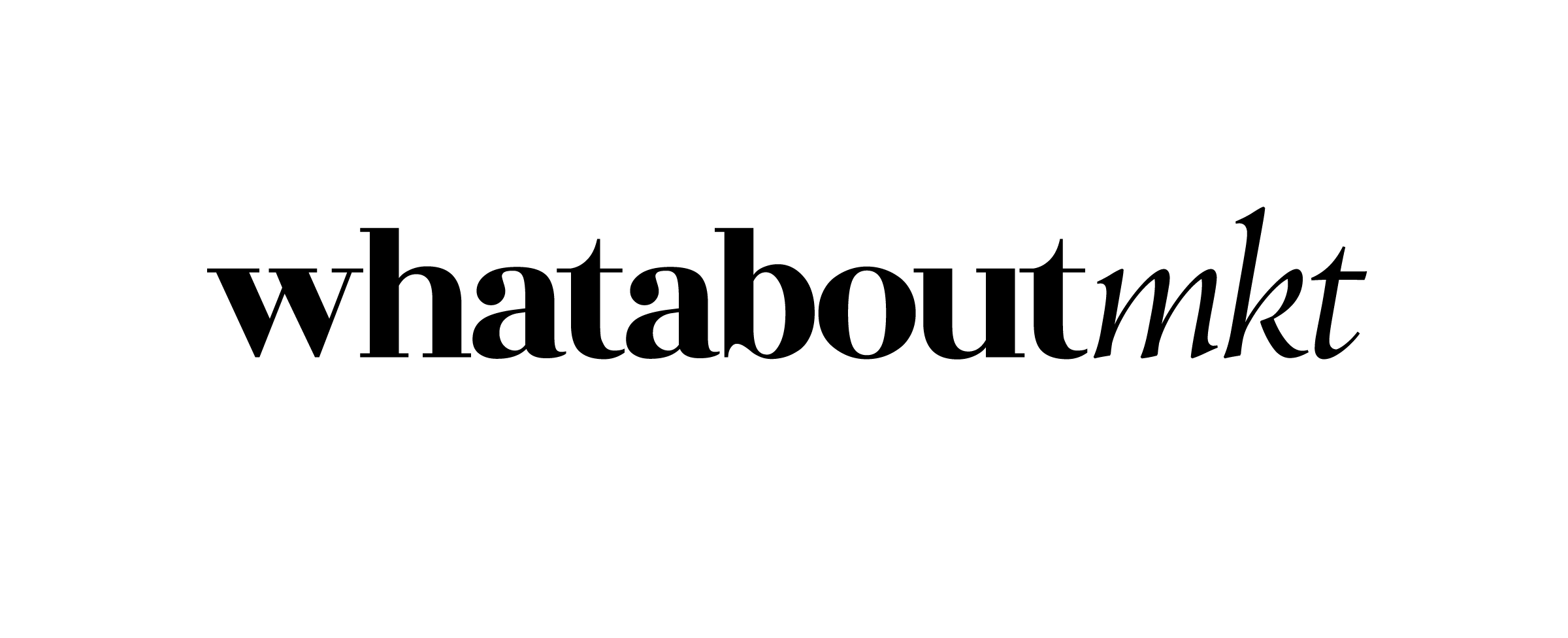October began with a tweet that turned into a financial tremor for one of the biggest streaming channels. Elon Musk urged millions of his followers to cancel their Netflix subscriptions, accusing the platform of promoting political agendas. Within hours, screenshots of subscription cancellations spread through social feeds and news cycles, while Netflix’s shares began to slide. The numbers were dramatic enough to fuel a narrative, with billions wiped off the company’s market value in a matter of days; yet, the simplicity of that story obscures what was actually happening beneath the surface.
When Outrage Meets the Stock Market
That particular post was built for virality. It mixed cultural friction, celebrity influence, and a moral trigger that social platforms are wired to amplify. Once the loop began, tweets inspired headlines, which in turn reignited tweets, and sentiment hardened into a market story. Investors saw a headline that appeared to indicate momentum, and algorithms detected volume that seemed to signal risk. Discussing the power of the buzz engineer, in that window, Netflix’s valuation appeared to shrink by roughly twenty billion dollars, though this was less about a real business loss than about investors reacting to noise.
The illusion of immediate loss
Market capitalization moves in real-time with the share price, but that doesn’t mean the company has lost tangible value overnight. These paper swings reflect emotion, not erosion. Netflix’s fundamentals did not change in the span of a few days; there was no sudden exodus of subscribers, nor any data showing mass cancellations. What moved was confidence, and confidence in markets behaves like weather, being dramatic in the moment, and temporary in the long run. When panic headlines fade, capital usually drifts back.
The real measure of impact will arrive quietly. If the outrage persists through billing cycles and is reflected in churn metrics, it becomes a significant business event; otherwise, it remains a fleeting sentiment. A few days of hashtag-driven anger rarely overturn a subscription model built on habit, as most users scroll past the noise, open the app, and keep watching. Culture wars might generate powerful stories, but they rarely lead to durable consumer action.
Netflix’s Shield Against Backlash
Unlike brands with one defining product, Netflix’s strength lies in its variety. It serves hundreds of millions across cultures, genres, and price tiers. A backlash in one demographic often coincides with growth in another. The introduction of its ad-supported plan has also provided viewers with a softer exit, allowing them to downgrade instead of leaving entirely, thereby turning outrage into adjustment rather than abandonment. The diversity of content and pricing in this field will become the brand armor.
This episode reveals how the modern market digests controversy. Social platforms accelerate emotional reactions, investors translate those reactions into trades, and the cycle feeds on itself, eaching brands the importance of preparation. In an economy driven by feeds, any narrative can become a market narrative. Companies that plan for volatility, equipped with fast communications, community management, and internal data on user sentiment, can outlast the noise before it reaches the balance sheet.
The Anatomy of a Modern Flash Crisis
Musk’s post and the ensuing sell-off are not isolated; they are part of a pattern where cultural influence collides with financial mechanics. A single voice with a massive reach can temporarily alter perception, but the market’s memory is short. Netflix’s resilience will depend not on responding to the provocation but on sustaining what matters: engagement, retention, and storytelling that transcends temporary outrage.
What remains after the storm
By the end of the week, the market had already begun to stabilize. The episode left behind a cautionary tale of how rapidly information, opinion, and capital now move in tandem. Billion-dollar swings can emerge from a single post, but that doesn’t mean billions truly disappear. They hover in the same space where tweets trend and tempers cool, briefly visible, then absorbed back into the system.
Ultimately, Netflix’s story remains unchanged by the controversy, remaining a global entertainment giant navigating a complex cultural landscape. The post may have made noise, but the numbers will further decide whether it made history.









